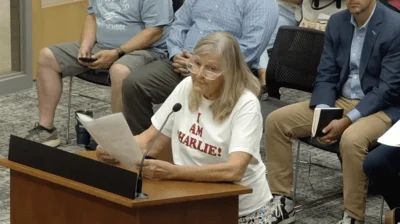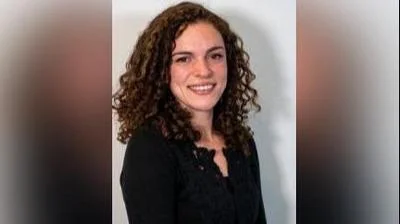Dr. Michael Camerer | Contributed Photo
Dr. Michael Camerer | Contributed Photo
GOP state House candidate Dr. Michael Camerer isn’t sure what to make of Gov. J.B. Pitzker’s much debated handling on the ongoing COVID-19 pandemic.
“Restrictions by the governor have served the intended purposes of saving lives, but certainly not without secondary effects to the economy,” Camerer, now running against state Rep. Dianne Pappas (D-Itasca) in the 45th District, told the DuPage Policy Journal. “By intentionally delaying the reopening of businesses for longer periods than neighboring states, he has unfortunately sentenced many Illinois businesses to death. With the aftereffects of a struggling economy and a government that continues to tax and spend, now more than ever we need fiscally responsible legislators in Springfield.”
Pritzker continues to be at the heart of it all, as a new WalletHub.com survey concludes that he has done more to “restrict everyday life” in Illinois than any other governor in the country. Researchers note that despite having roughly only half of the cases of New York City, Illinois ranks 10 spots ahead of its counterpart when it comes to restrictions.
With Illinois set to move to Phase 3 of the governor’s five-phase Restore Illinois plan for fully restarting the economy, Camerer is hoping that it all isn’t too little, too late.
“The governor should not force a one-size-fits-all approach on the entire state,” he said. “We need a balanced approach that incorporates the science and data at individual region and county levels. Separating Chicago from the rest of the state would have allowed greater attention to the area of higher outbreak, while letting the collar counties and beyond move forward in the phases of recovery.”
With the study using such metrics as mask requirements, travel restrictions, gathering restrictions, school and restaurant closures, the ability for non-essential businesses and child care to open, Illinois ranked near the bottom in most categories, while neighboring states Wisconsin, Missouri, Iowa and Indiana all ranked in the Top 16 for fewest restrictions.
“When we look to the surrounding states we see leadership that has looked for advice from a variety of stakeholders affected by the devastation of the COVID 19 crisis,” Camerer said. “Governors in other states were then able to make decisions which ultimately allowed a faster re-opening. Our state should have learned by listening, and been less-restrictive.”






 Alerts Sign-up
Alerts Sign-up